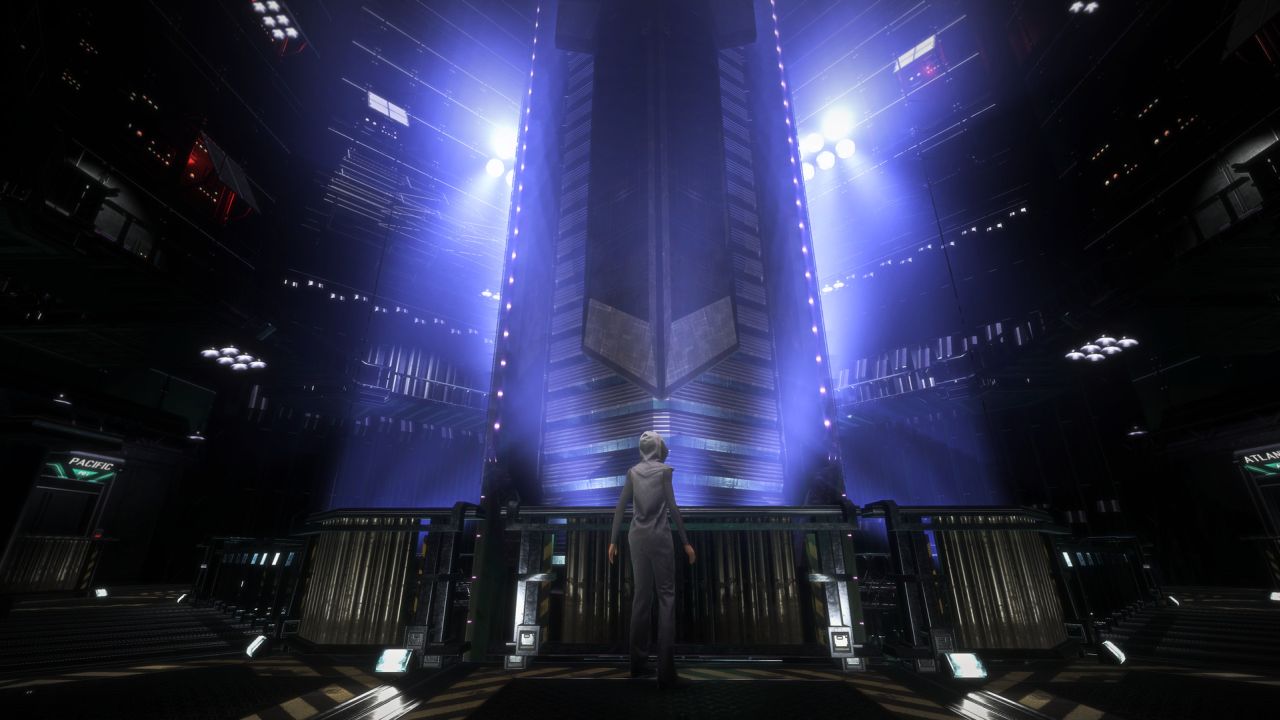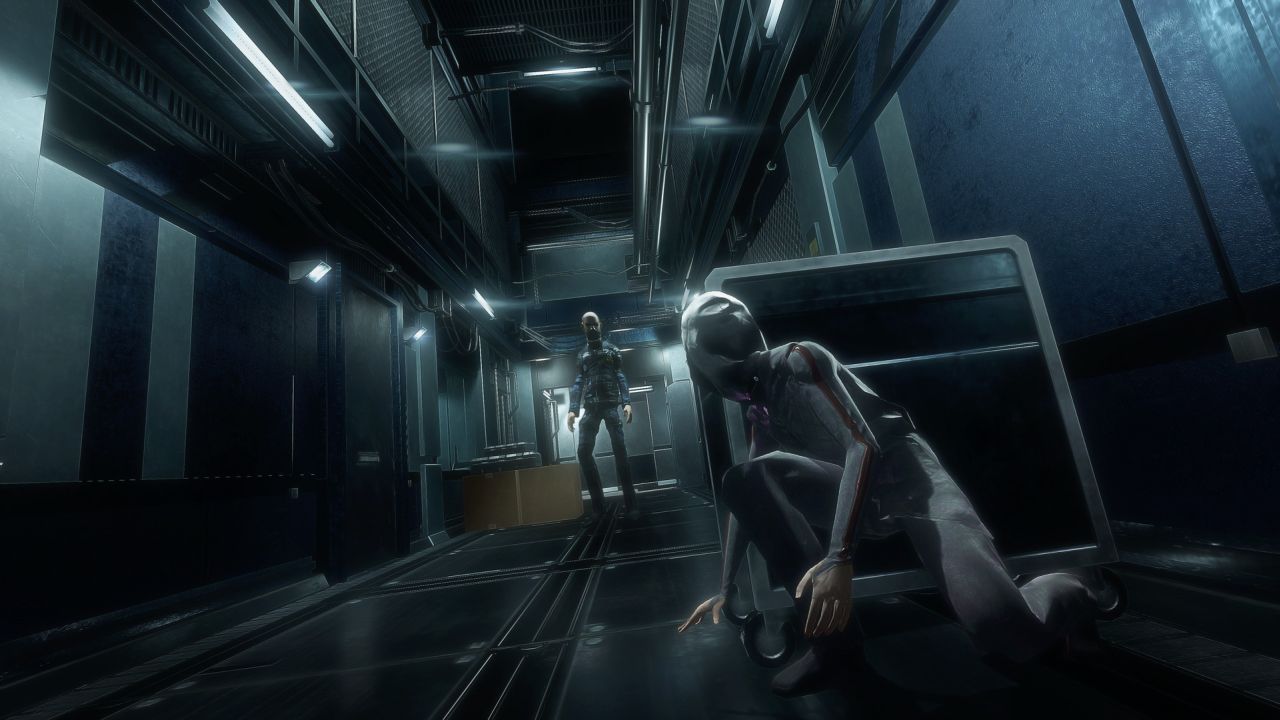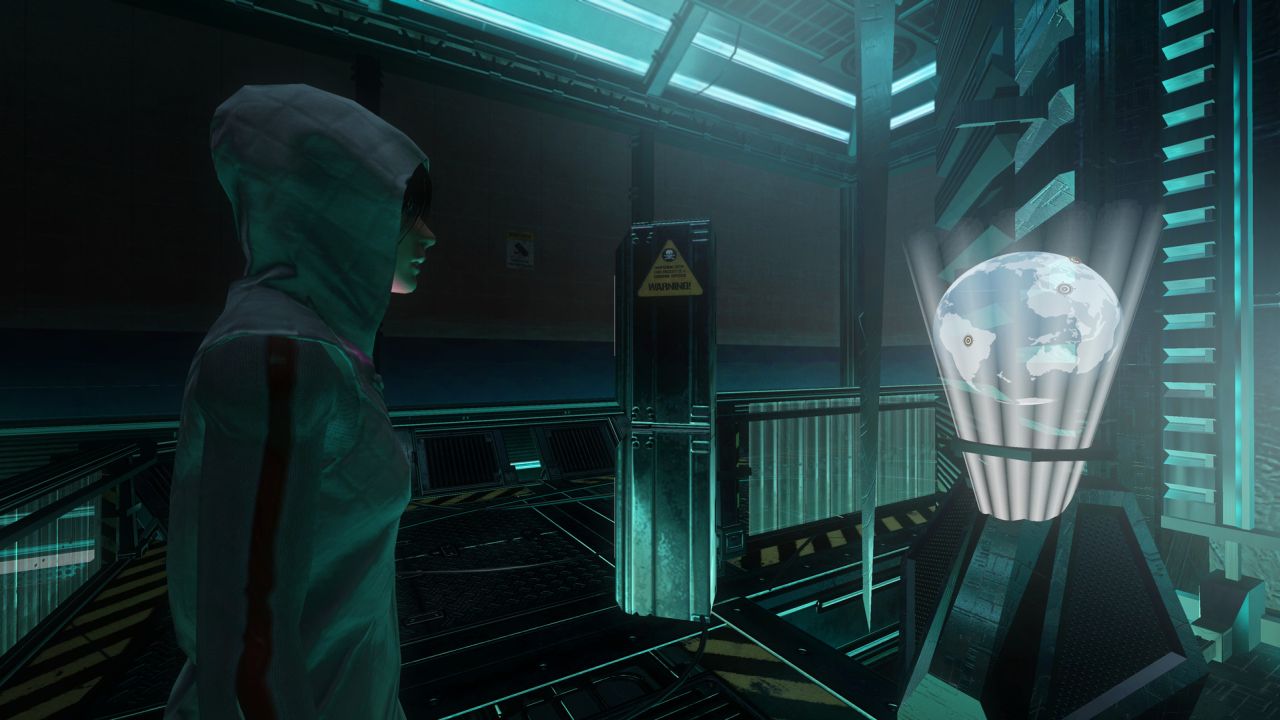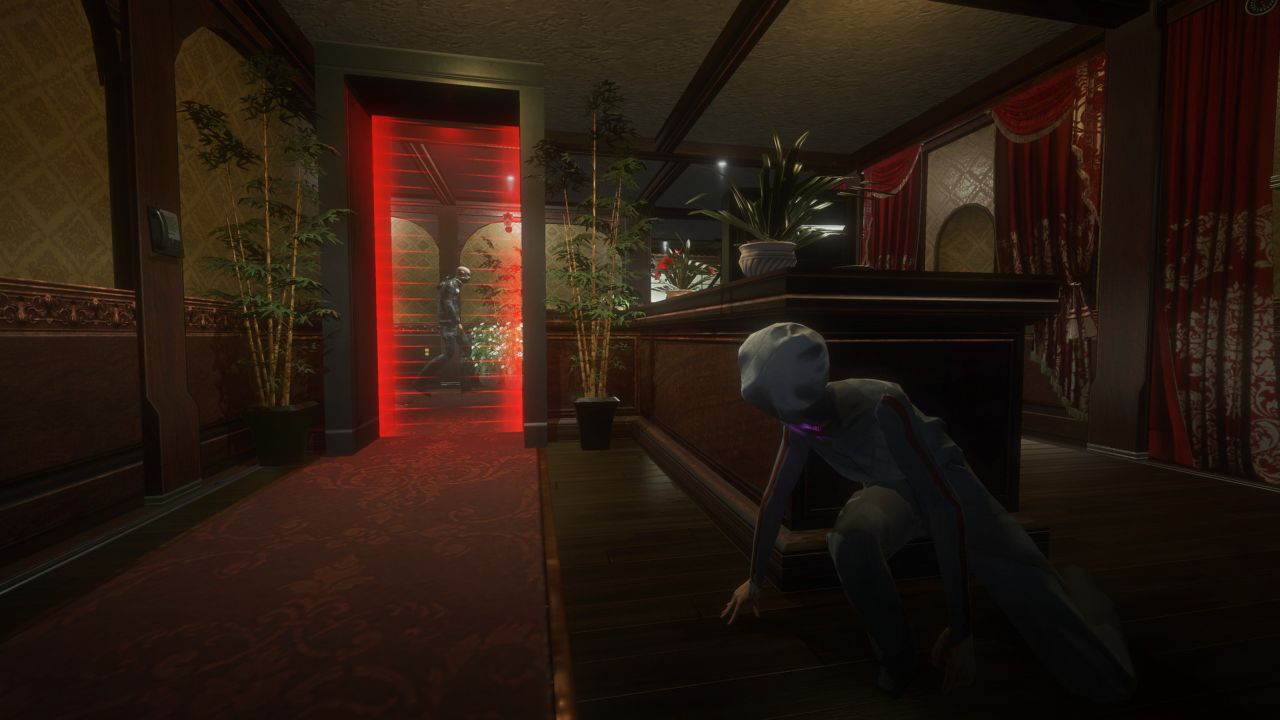Republique Review
A port of a mobile stealth game that leaves something to be desired
For many hardcore gamers, the rise of mobile gaming has been treated as a deadly blow to traditional console games. As irrational as this claim may seem on the surface, it is a known fact that major developers are putting more and more effort with exclusive mobile games to the point that some look to be abandoning console games altogether. This is especially apparent with Konami, once one of the most cherished publishers in videogame history, who have since terminated most of their most talented staff (including legendary Metal Gear director Hideo Kojima) and have since relegated the majority of their franchises to cheap F2P mobile games and pachinko parlors.

Despite the most glaring examples of the theoretical mobile apocalypse, there is no denying that mobile gaming has also resulted in many innovative games that take full advantage of the touchscreen devices making up modern phones and tablets. One of the earliest examples is Republique, a Kickstarter-funded episodic title from Ryan Payton (who, incidentally, worked alongside Hideo Kojima’s studio as an assistant producer) that applied console quality visuals with gameplay mechanics built around mobile devices. It was a unique experience that set it apart from more simplistically designed mobile games, such as the endless releases of endless runners, but now that Republique has made its way to the big(ger) screen with a PS4 release, the transition may not be as seamless as developer Camouflaj may have hoped.
The story of Republique takes place in a dystopian setting where totalitarianism is the main vibe going around. Books are banned, people are constantly monitored, and those who go against the man (or possibly machine) are captured and incarcerated. The main protagonist is a young girl named Hope (because what else are you going to call your character in this kind of setting?), a “Pre-Cal” who is being held for experimentation by the Prizrak, the ruling military power of the Metamorphosis facility in which Hope is being held. Players assume the dual role of both Hope and Cooper, the unseen hacker who guides Hope through the various security cameras stationed around Metamorphosis and who can also manipulate doors and other equipment in order to lead the girl to safety.

If the naming scheme for Republique didn’t tip you off, developer Camouflaj is attempting to portray a totalitarian setting filled with metaphors and symbolism, as previously seen in so many science fiction works. The problem with Republique’s story is that it lacks the literary nuances that made such works, well…work. Instead what we have is a multi-episode story that tries to appear deep and thought provoking, but instead comes off as pretentious in its execution. The relationship between Hope and Cooper (aka the player’s main avatar) draws a lot of parallels with Beyond: Two Souls, though not nearly as ham-fisted and mercifully devoid of sexist overtones that plagued David Cage’s film school flunk of a videogame. Nevertheless, Republique still doesn’t resist in reveling in cheap melodrama: just look at the way Hope stares directly at you, lips quivering and eyes in full pout as she begs for your help. This is further compounded by the acceptable yet still over-the-top performances by the characters, featuring some notable staples from the Metal Gear series including David Hayter and Jennifer Hale (ironic considering the current controversies surrounding Hayter and the series as a whole) .
The gameplay itself is a combination of planning Hope’s route and directly controlling her to said destination. With a push of the button, players will freeze the screen, instantly giving them access to various points on the screen which can be manipulated. These points include security cameras, which is where players will be viewing the action at all times, even if Hope isn’t visible; learning which camera to switch to in order to get the best possible view of Hope is one of the most important mechanics to learn, but also one of the most frustrating. The constantly shifting camera angles may bring up memories of classic PS1 games like Resident Evil, but with it comes the cost of losing track of Hope’s positioning with each change in perspective. More often than naught, players may find themselves inadvertently back-tracking to an area they already passed through, or right into the arms of an enemy pursuer (though on the plus side, getting caught just puts Hope back in her cell with her support items confiscated) .

There are additional tools available to both Hope and her hacker friend; Hope can find and equip pepper spray to momentarily stun enemies, while Cooper can upgrade the Omni Tool in order to gain access to higher security doors. There is also a shop that can give out additional items, with the currency coming from observing the various clippings, artwork and other points of interest throughout Metamorphosis. Each enemy also has their own dossier containing personal information as well as a photo that represents the people who pledged in the game’s Kickstarter, though this also draws attention to the fact that enemies all share the same generic white person design.
Simply put, Republique is a game that is ambitious in scope, but mediocre in execution. Part of this can be attributed to its shift from mobile to console; while the game’s controls translate adequately, the interactivity takes a hit when using buttons in place of tapping different areas of the screen. The presentation suffers a bit as well, with mobile-specific features like answering the phone or listening to a character through text-to-speak lacking the same context as it did in its original platform. There is also the occasional load times when switching between cameras, which can take as long as three seconds (which may not sound like much, but considering how often you must bounce between cameras, those seconds do add up).

Overall, Republique is not a bad title, and the console version does include all five episodes in one package. Regardless, it is also a game that would have probably been better off staying on its original mobile platform, where it felt like a more unique experience instead of an uneven throwback to jankier console games.
 Comments
Comments











